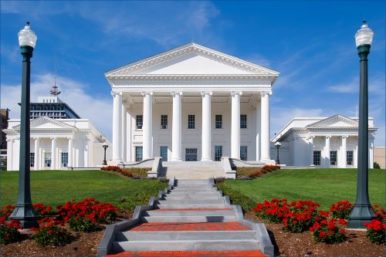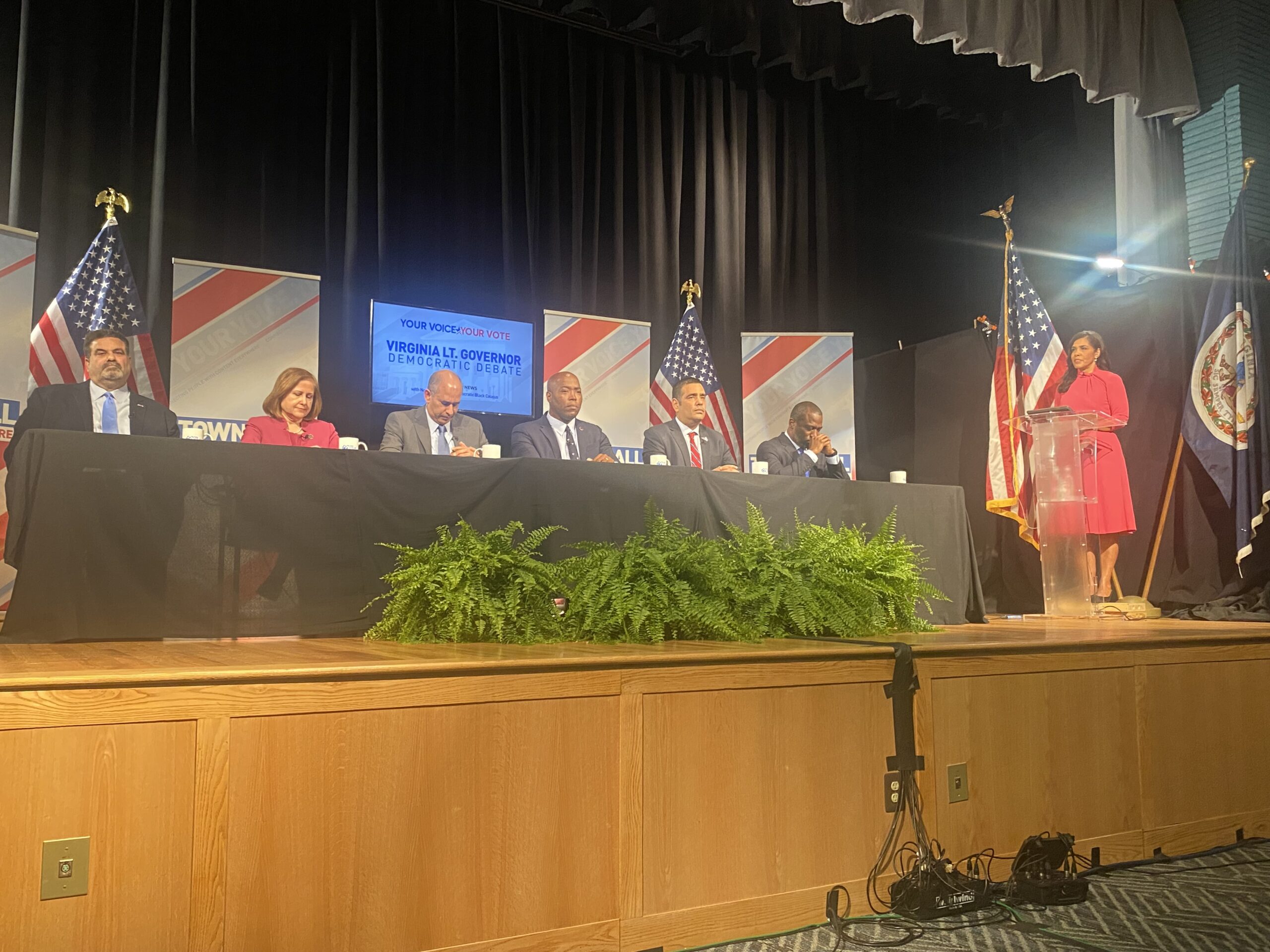The first bills of the 2024 Virginia General Assembly have dropped. Here’s what they would do.
by Sarah Vogelsong, Virginia Mercury
Virginia’s next General Assembly won’t convene until Jan. 10, but senators and delegates have already begun penning legislation. (And by that, we mean the Virginia Division of Legislative Services is hard at work translating their goals into the high-flown tones of state code.)
On Monday, the start of the 2024 session’s official prefiling period, lawmakers dropped the first bills that will be up for consideration this January.
Much more is yet to come as Democrats and Republicans jockey for ways to realize their key priorities on everything from hot-button issues like abortion access to the more bread-and-butter legislation that ensures state laws and agencies remain abreast of an ever-changing world. Democrats will have control of both the House of Delegates and Senate when lawmakers return to Richmond, but the slimness of their majorities means they aren’t guaranteed to get everything they want.
Here’s what was proposed on the first day bills could be filed:
Constitutional amendments on abortion
Two bills — House Joint Resolution 1 from Del. Charniele Herring, D-Alexandria, and Senate Joint Resolution 1 from multiple female Democratic senators — would start the process of amending the state Constitution to declare that “every individual has the fundamental right to reproductive freedom” and that the right should not be denied or infringed upon “unless justified by a compelling state interest and achieved by the least restrictive means that do not infringe an individual’s autonomous decision-making.”
No single bill has the power to change the state Constitution. Amendments require that a resolution be passed by a majority of both houses during a session and then held over to be passed again by the next elected legislature, with an election intervening between the two approvals. If it succeeds the second time, voters must approve the change in a referendum before it takes effect.
Constitutional amendment on felon voting rights
Two bills — House Joint Resolution 2 from Del. Elizabeth Bennett-Parker, D-Alexandria, and Senate Joint Resolution 2 from Sen. Mamie Locke, D-Hampton — would begin the process of amending the Constitution to restore voting rights to felons who have served their time. Currently, Virginia is the only state in the U.S. that strips voting rights from all felons for their entire life, with restoration only possible if they petition the governor and the governor decides to grant their request.
“A person who has been convicted of a felony shall not be entitled to vote during any period of incarceration for such felony conviction, but upon release from incarceration for that felony conviction and without further action required of him, such person shall be invested with all political rights, including the right to vote,” the amendment states.
Constitutional amendment on property tax exemption for surviving spouses of a soldier who died in the line of duty
The General Assembly previously passed a potential constitutional amendment that would extend the property tax exemption that’s currently available to the spouses of soldiers killed in action to spouses of soldiers who died in the line of duty. This year, Del. Jeremy McPike, D-Prince William, has proposed a second vote on the amendment, as well as a bill that would authorize the required referendum on the issue.
Increases to the state minimum wage
In 2020, the Virginia General Assembly under Democratic control voted to gradually raise the state minimum wage from $7.25 an hour to $12 an hour over the course of three years. That legislation also provided for further increases of the minimum to $13.50 in 2025 and $15 in 2026 if the General Assembly again voted to approve them by July 1, 2024. If those increases didn’t get a second green light, the bill ordered that the minimum wage be pegged to inflation going forward.
House Bill 1 from Del. Jeion Ward, D-Hampton, and Senate Bill 1 from Sen. Louise Lucas, D-Portsmouth, would restart the increases on the same schedule laid out in 2020.
Assault weapons ban
Bills from Del. Dan Helmer, D-Fairfax, and Sen. Creigh Deeds, D-Charlottesville, would make it a Class 1 misdemeanor for anyone to import, sell, manufacture, purchase, possess, transport or transfer an assault firearm.
Notably, the bill includes exceptions for any firearm that is antique, permanently inoperable, manually operated by bolt, pump, lever or slide action or manufactured before July 1, 2024.
Repealing Virginia’s Clean Cars law
Del. Tony Wilt, R-Rockingham, and Sen. Richard Stuart, R-Westmoreland, have put forward bills to repeal a 2021 Democrat-backed law that tied Virginia’s vehicle emissions standards to California’s rather than following the federal government’s less strict limits.
Under the Clean Air Act, states are prohibited from setting their own vehicle emissions standards and must choose between the federal and California limits. Since Virginia adopted the California standards, the Golden State has decided to ban the sale of new gas-powered cars beginning in 2035, a choice that Virginia will also be bound to follow.
Senate Bill 3 from Stuart would simply repeal the 2021 law. House Bill 3 from Wilt would go a step further, forbidding the State Air Pollution Control Board from adopting or enforcing any model year standards related to controlling emissions from new vehicles and prohibiting the state from requiring any new car “to be certified as compliant with model year standards related to the control of emissions adopted by California.”
(Virginia Mercury is part of States Newsroom, a network of news bureaus supported by grants and a coalition of donors as a 501c(3) public charity. Virginia Mercury maintains editorial independence. Contact Editor Sarah Vogelsong for questions: info@virginiamercury.com. Follow Virginia Mercury on Facebook and Twitter.)



